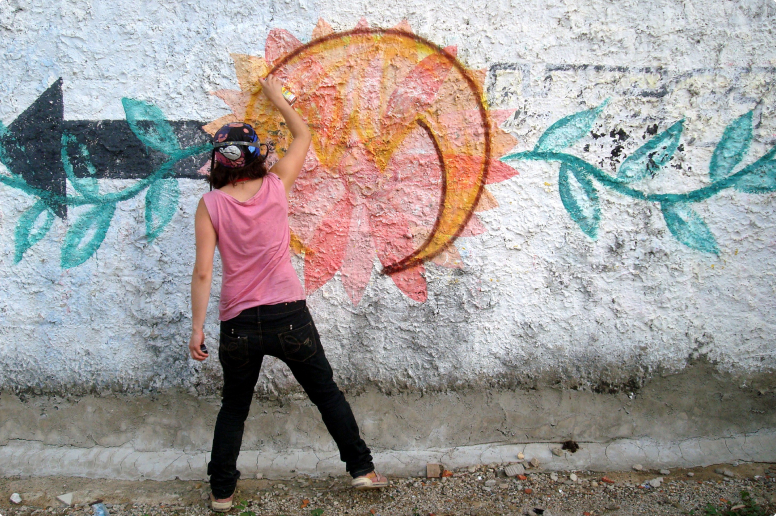Problematic dug use and harm reduction

Reducing problematic drug use is a matter of public health as well as social cohesion. The negative impacts of drug use mostly affect vulnerable groups and exacerbate inequalities. Poverty and marginalisation feed a vicious circle of negative consequences for people, families and communities as a whole.
Building on past achievements of previous phases, COPOLAD III will continue to support the LAC region to continue improving the quality, effectiveness and evidentiary basis of policies related to drug use, as well as the availability and access to interventions and services, through dialogue, cooperation and technical assistance based on the needs of the countries, and thus enhancing the relevance and comprehensiveness of public policies on drug use.
The activities presented below will be implemented by FIIAPP in collaboration with the European Monitoring Centre for Drugs and Drug Addiction (EMCDDA).
Lines of action
Activities
2.1.1 Technical assistance in adapting the modules on prevention located on the PLATO distance training web platform
2.1.2 Development of an annual virtual course on prevention of the EMCDDA training programme located on PLATO.
2.1.3 Development of a virtual community of practice/learning on prevention .
2.1.4 Technical assistance for the adaptation, translation and publication of the 3 mini-guides included in the EMCDDA European Guide for Health and Social Responses to Drug Use Problems
2.1.5 Travel grants for the participation of experts and presentation of papers from Latin America at the European Conference on Prevention.
2.1.6 Making available to the beneficiary countries the set of materials from the four virtual training courses held within the framework of previous phases of COPOLAD.
Activities
2.2.1 Regional workshops for the development and practical application of quality standards in attention to addictions (COPOLAD/UNODC) in relation to aspects related to gender and vulnerable population.
2.2.2 Technical assistance, mentoring/internships and a learning community to support the development and implementation of adaptation plans for programmes for women and vulnerable populations.
Activities
2.3.1 Technical assistance for the development of a guide to strengthen capacities in the area of social and economic integration, incorporating a differential and gender approach
2.3.2 Webinar to exchange good practices in the area of social and economic integration and reference guide.
2.3.3 Webinar on the role of the institutional and regulatory framework and of social and solidarity economy organisations in the social and labour integration of people with drug use problems.
2.3.4 Regional in-person workshop to design plans and programmes for the social and economic integration of people with drug use problems
2.3.5 Technical assistance to develop plans and programmes for the social and economic integration of people with drug use problems.
2.3.5b Mentoring/internships on national systems for the social and labour reinsertion of people with drug use problems.
Activities
2.4.1 Technical assistance for the preparation of a guide to good practices and intervention models in LAC and the EU in terms of addressing social vulnerabilities linked to drugs.
2.4.2 4 seminars to exchange good practices and intervention models in LAC and the EU regarding:
a) Addressing social vulnerabilities linked to drugs
b) Community-based solutions in contexts of high social vulnerability
c) Comprehensive territorial-based urban interventions in communities with very high social vulnerability.
2.4.3 Technical assistance and mentoring/internships to develop intervention strategies in communities with very high social vulnerability.
2.4.4 Technical assistance for the adaptation and translation into English of the training curriculum for the ECO2 model of community treatment for operators in countries interested in incorporating the model into their public drug policy interventions.
2.4.5 Development and delivery of a virtual training course on the ECO2 model of community treatment for operators from interested countries.
2.4.6 Technical assistance and mentoring/internships for the implementation and development of community treatment interventions (ECO2 model).
2.4.7 Technical assistance in preparing a Guide to good practices and intervention models in LAC and the EU regarding the territorialisation of health and social services.
2.4.8 Two webinars on territorialisation of health and social services.
2.4.9 Multi-country workshop to design territorialisation plans for health and social services.
2.4.10 Technical assistance and mentorships/internships for the implementation of territorialisation plans for health and social services.





